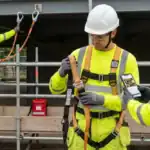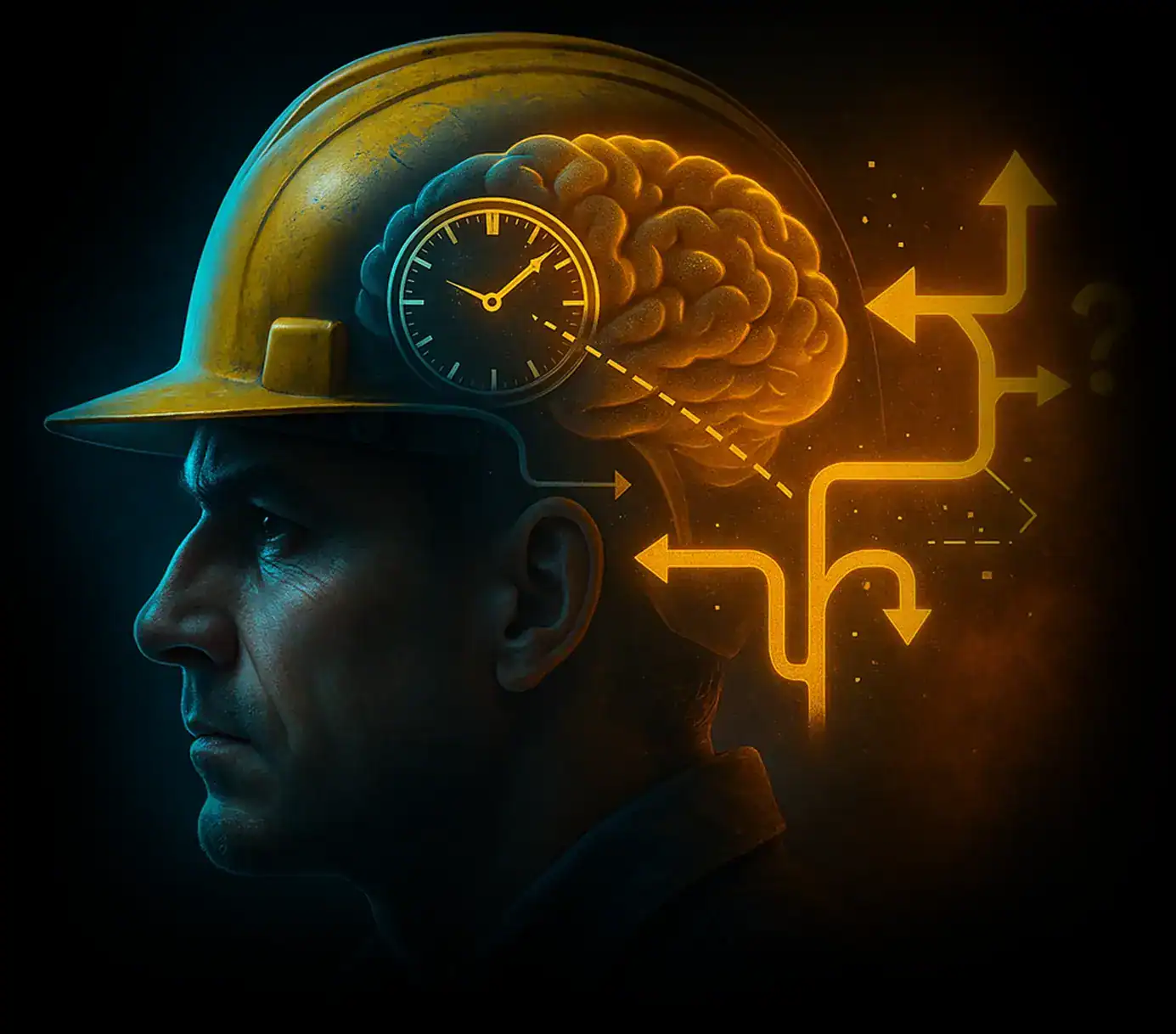
You’ve probably heard the terms soft skills and hard skills, partly because employers expect candidates to have both. But what are these skills and why are employers looking for them?
Hard skills are measurable and teachable abilities, while soft skills relate to personality traits. Together, these skills determine how well you can perform tasks and interact with colleagues and clients.
In this blog, we discuss the differences between soft skills and hard skills and why you need to develop both for your career.
Soft Skills vs Hard Skills: Key Takeaways
- Hard skills are gained through education or training. Soft skills, on the other hand, relate to behaviour and personality.
- Examples of soft skills include communication, leadership, teamwork, adaptability, emotional intelligence and time management.
- Examples of hard skills include technical knowledge, language proficiency, software use and project management.
- Soft skills are transferable across jobs and industries, while hard skills are often job-specific.
- Both skill types have their own importance. Soft skills grow more important as you move into leadership roles.
- Employers look for candidates with both technical and strong interpersonal skills. So, make sure to reflect these skills in any CVs, cover letters and interviews.
HR Compliance Courses
Prevent conflict, misconduct and discrimination. Online HR compliance training helps staff understand and fulfil their legal duties. Promote professionalism and support compliance in your workplace.
Difference Between Hard Skills and Soft Skills
Hard skills and soft skills differ mainly in how they’re learned and used at work.
Soft skills are linked to your personality or behaviour, which develops throughout your life. These skills come into play when communicating, managing time or handling new challenges.
Hard skills are the skills you gain through education or specialised training. These skills are easier to measure and involve things like using a specific tool or software.
What are Soft Skills?
Soft skills aren’t specific to any job but will help in the workplace. These skills are also called transferable or interpersonal skills.

Some examples include:
- Communication skills
- Leadership and teamwork
- Adaptability and problem-solving
- Emotional intelligence
- Time management and organisation
- Creativity
- Critical thinking
What are Hard Skills?
Hard skills are the precise knowledge or abilities needed for a task. These skills are developed through education, training or experience and are often specific to a particular job or industry.
Hard skills can include knowing how to use specific tools, equipment or software, as well as how to perform certain tasks and processes to do your job.

Some examples of hard skills include:
- Technical skills
- Construction and skilled trades
- Speaking other languages
- Software proficiency
- Mathematical and analytical skills
- Project management
Which Skills Are More Important?
Both hard and soft skills matter for career success, but which one is more important depends on your job.
Soft skills like communication, leadership and teamwork are especially important in roles where you work closely with others. These skills help you manage workplace relationships, collaborate well and solve problems.
For example, if you’re in a leadership role, being able to motivate your team and resolve conflicts is key. In customer service, good communication and empathy can turn a bad experience into a great one.
While soft skills are important in every job, hard skills are vital in specialised fields, such as IT, engineering, healthcare and finance.
However, as you grow in your career, soft skills typically become more important. The best line managers and supervisors combine technical knowledge with well-developed soft skills.
The key to success is balancing and improving both types of skills for your role or career path.
How to Highlight Your Skills in Job Interviews
1. Tailor Your Resume and Cover Letter
When preparing for the interview, make sure your resume and cover letter highlight both your hard and soft skills.
For hard skills, list your technical expertise, certifications and relevant knowledge.
For soft skills, showcase qualities like communication, leadership and teamwork, and highlight how they’ve helped you succeed in your past roles.
2. Use Specific Examples in Your Answers
During the interview, provide examples that demonstrate both your hard and soft skills.
For hard skills, discuss a project where your technical abilities made an impact, such as automating tasks with a specific tool.
For soft skills, talk about situations where you worked with a team or handled conflicts, showing how your abilities contributed to success.
3. Focus on Problem-Solving Scenarios
Interviewers often ask about challenges you’ve faced, which is a great opportunity to highlight both sets of skills.
You might describe how you solved a problem with technical skills while using your interpersonal skills to keep your team organised and motivated.
4. Highlight Your Ability to Learn
Employers appreciate candidates who are continuously learning.
Mention any recent courses, certifications or training that show you’re staying updated with your hard skills.
Training can also help you develop soft skills. Or, talk about how you’ve worked on improving areas like communication or leadership based on feedback or new experiences. However, be mindful that some employers want to see actual evidence of your progression, so proof of training can be more impactful than anecdotes.
5. Show How You’ll Add Value
Explain how both your technical and soft skills will benefit the company.
For example, share how your expertise in a particular tool or methodology, combined with your ability to work well with others, will help improve team efficiency and contribute to the company’s success.
Enhance Your Soft Skills with HR Compliance Training
While technical skills are important, soft skills like communication, leadership, time management and problem-solving are also valuable in every job. These skills help you work well with others, handle challenges and manage your time effectively.
Our online HR Compliance courses are designed to improve these soft skills. You’ll learn how to communicate better, manage difficult situations and organise your time more efficiently, among other things.
These courses are all about helping you grow your interpersonal skills and succeed in any workplace.





















